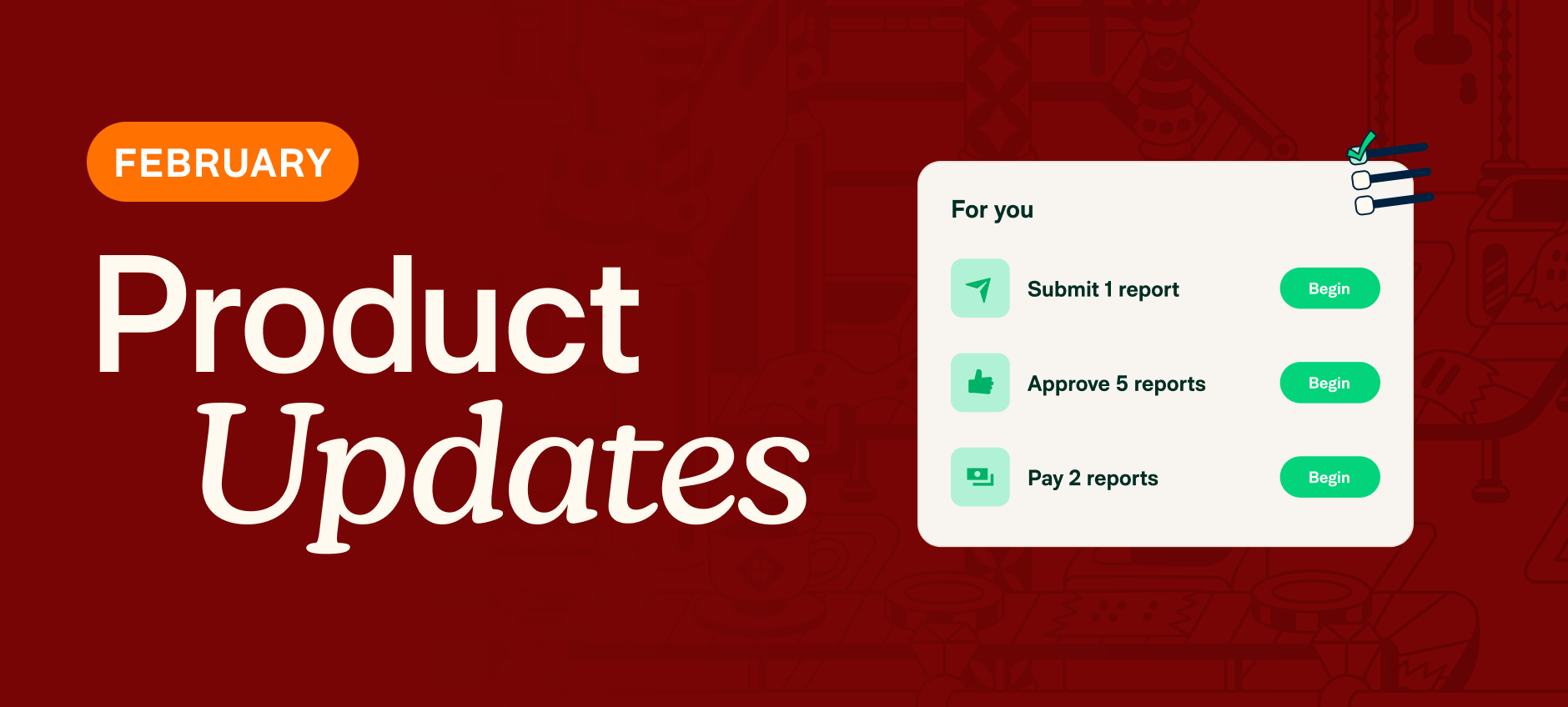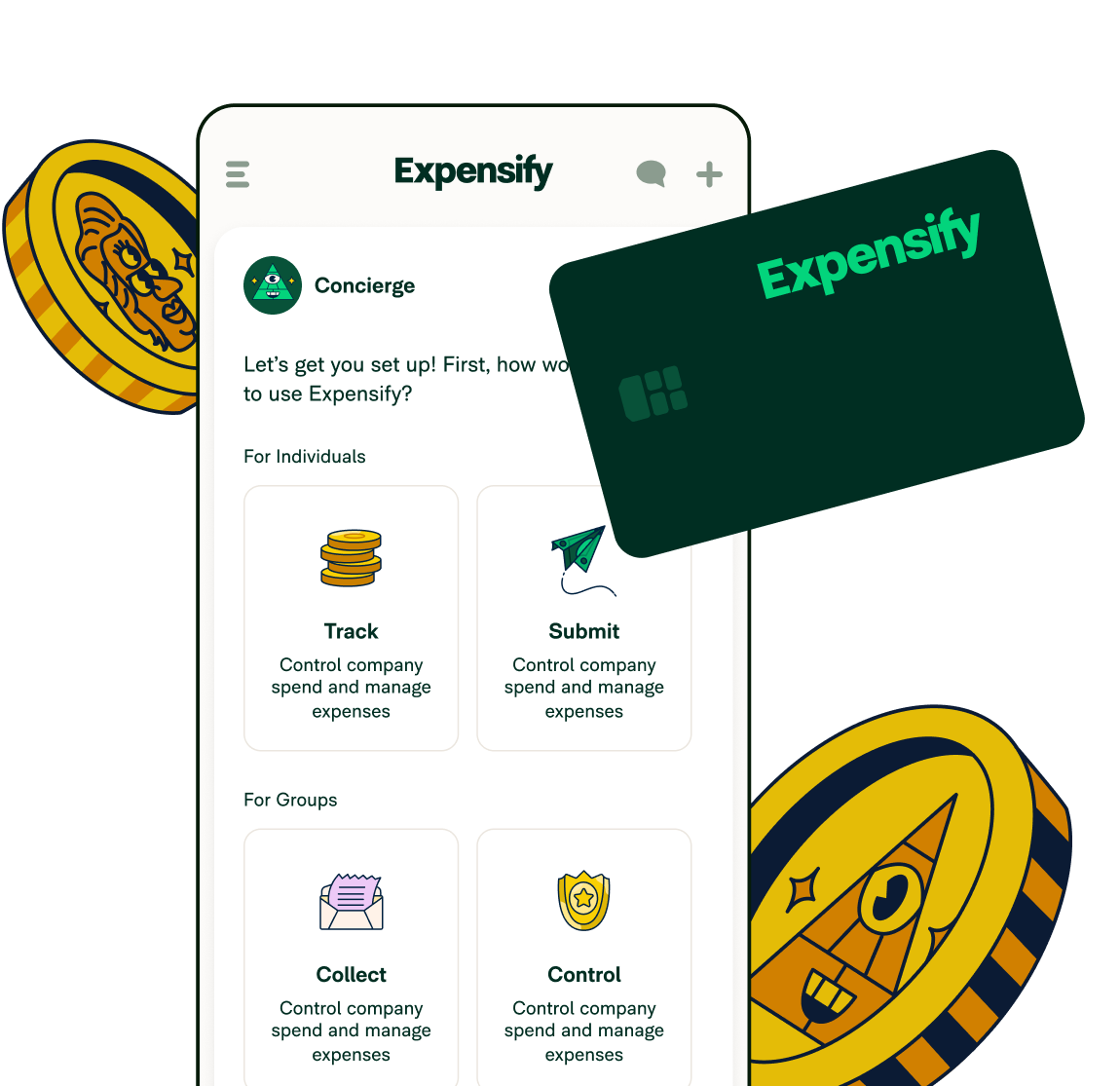Collaboration is at the center of fintech

We have spent the last few years building an entirely new platform, New Expensify, and it radically changes how expense management will be done in the future. Before we get into what makes New Expensify so much better than traditional expense management software or any new card providers, let’s chat about why collaboration is important in the accounting space.
What does collaboration mean in accounting?
When it comes to accounting, collaboration is still the spice of life and the way things get done because accounting touches every aspect of a company. It plays a crucial role in ensuring the accuracy, integrity, and efficiency of financial processes and reporting.
Here are several reasons why collaboration is important and examples in the field of accounting:
Data Collection and Verification: Accountants often need to collaborate with various departments and individuals within an organization or with their client to collect and verify financial data. This includes working with teams responsible for sales, procurement, payroll, and more to ensure that all financial transactions are accurately recorded.
Financial Reporting: Accountants collaborate to prepare financial statements, which are essential for making informed business decisions. This process involves input from various departments and stakeholders to compile accurate and comprehensive reports.
Auditing and Compliance: External auditors and regulatory bodies often require access to an organization's financial records. Accountants must collaborate with auditors to facilitate the auditing process and ensure compliance with financial regulations and reporting standards.
Financial Analysis: Collaboration with financial analysts and business stakeholders is vital for interpreting financial data. Accountants work with these professionals to provide insights into an organization's financial health, performance, and areas for improvement.
Budgeting and Forecasting: Accountants collaborate with different departments to create budgets and financial forecasts. This requires input from various teams to ensure that budget assumptions are realistic and achievable.
Tax Planning and Reporting: Collaboration is essential when dealing with tax matters. Accountants work with tax experts, legal teams, and government agencies to ensure that an organization complies with tax laws and takes advantage of available deductions and credits.
Software and Technology: Accountants collaborate with IT professionals to select and implement accounting software and systems. These systems help streamline accounting processes and facilitate accurate financial record-keeping.
Internal Controls: Collaboration with internal stakeholders and control departments is essential to establish and maintain strong internal controls. These controls are crucial for preventing fraud, errors, and ensuring the security of financial data.
Financial Advisory: In organizations, accountants often provide financial advice to senior management. Effective collaboration with executives and decision-makers is crucial to make informed financial decisions and strategies.
Continuous Improvement: Collaboration fosters an environment of continuous improvement in accounting practices. Accountants work together to identify areas for process enhancement, cost reduction, and efficiency gains.
Education and Training: Collaboration is also important in sharing knowledge and best practices within the accounting profession. Accountants often work together to mentor, train, and develop the skills of less experienced colleagues.
In summary, accounting is not a siloed function but one that depends on collaboration with various stakeholders within and outside an organization. Effective collaboration in accounting helps ensure financial accuracy, regulatory compliance, and the provision of valuable financial insights for decision-making.
How do accountants collaborate today?
Whether it’s an internal or outsourced accountant, they still need help from the rest of the organization to wrap up each month or quarter. So how are they getting information together today to do this work?
Well accountants are forced to do one of the following time suck activities:
In-person meetings with coworkers or clients.
Continuous bumps on Slack/Teams
Email
Phone call
All of these activities require both participants in the conversation to talk in one place while all the relevant details are hidden away in a separate financial software. Why not do it in a better way and communicate like we do in our personal lives? Through simple and casual text chat with contextual information included.
How does New Expensify help accounting professionals collaborate?
Wow! That’s a lot of different hats that accountants have to wear internally at their company or when working as an outsourced resource for clients. At the heart of it, it is the same theme though. Accountants need to work with multiple stakeholders and teams to perform any of their tasks. Unfortunately, though, those conversations take place in a different medium than where all the important details are stored!
Luckily for accountants, New Expensify is built completely around the idea that we as software providers should give you the ability to get all of your shit done in our product. We think that every financial transaction is just a conversation between two people, whether that’s in business or our personal lives.
Currently, our Superapp is able to support sending and receiving money requests, mileage tracking, realtime onboarding, and support, and allows you to chat with any of your coworkers or friends. Stay tuned because we will have more details to share soon on how you can expect all the features you have loved about our old platform, plus chat, and allowing P2P payments in New Expensify.








